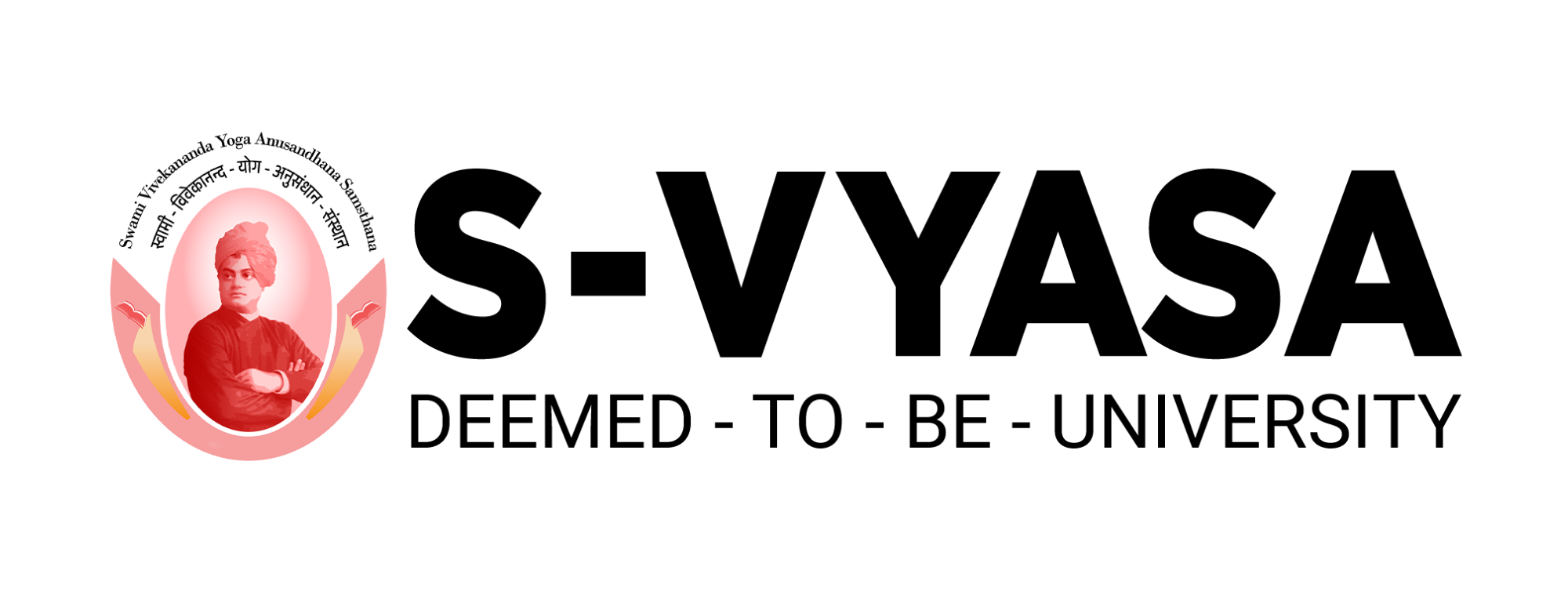B.Sc. Medical Imaging Technology
April 2, 2024 2024-04-02 5:35B.Sc. Medical Imaging Technology
B.Sc. Medical Imaging Technology
Overview
B.Sc. Medical Imaging Technology at S-VYASA University is a comprehensive program designed to equip students with the skills and knowledge required to operate and maintain various medical imaging equipment. The program covers a wide range of topics, including radiography, computed tomography (CT), magnetic resonance imaging (MRI), ultrasound, and nuclear medicine. Students learn about anatomy, physiology, patient care, radiation safety, and image interpretation. The program also includes clinical rotations, where students gain hands-on experience in medical imaging departments.
Eligibility
All State Board PUC / HSc Science Stream with (Physics, Chemistry & Biology) 55%
CBSE / ICSE Science Stream with (Physics, Chemistry & Biology) 50%
Program Highlights
- Comprehensive Curriculum:
The program covers a wide range of topics, including radiography, computed tomography (CT), magnetic resonance imaging (MRI), ultrasound, and nuclear medicine. Students learn about anatomy, physiology, patient care, radiation safety, and image interpretation. - Hands-On Training:
Students gain practical experience through clinical rotations in medical imaging departments. They learn to operate and maintain various medical imaging equipment under the guidance of experienced professionals. - State-of-the-Art Facilities:
S-VYASA University provides access to modern medical imaging equipment, simulation labs, and other resources to enhance the learning experience. - Expert Faculty:
The program is taught by experienced faculty members who are experts in the field of medical imaging technology. They provide personalized attention and guidance to students throughout the program. - Industry-Relevant Skills:
Graduates of the program are equipped with the skills and knowledge required to excel in the healthcare industry. They are prepared to work in hospitals, clinics, imaging centers, and other healthcare settings. - Career Opportunities:
The program prepares students for a variety of career opportunities in the healthcare industry, including roles as radiologic technologists, MRI technologists, CT technologists, ultrasound technologists, nuclear medicine technologists, and more. - Professional Development:
The program emphasizes professional development, including communication skills, teamwork, critical thinking, and problem-solving abilities. - Research Opportunities:
Students have the opportunity to engage in research projects and contribute to advancements in the field of medical imaging technology. - Continuing Education:
Graduates of the program can pursue further education and specialization in related fields, such as healthcare management, public health, or medical sciences.
Career Outcome
- Radiologic Technologist:
Operate X-ray and other imaging equipment to create images of the body for diagnostic purposes. - MRI Technologist:
Use magnetic resonance imaging (MRI) scanners to create detailed images of the body’s internal structures. - CT Technologist:
Use computed tomography (CT) scanners to create detailed cross-sectional images of the body. - Ultrasound Technologist:
Use ultrasound machines to create images of the body’s internal structures using sound waves. - Nuclear Medicine Technologist:
Administer radioactive drugs and use imaging equipment to create images of the body’s organs and tissues. - Mammography Technologist:
Use mammography machines to create images of the breast for breast cancer screening. - Cardiovascular Technologist:
Use imaging equipment to create images of the heart and blood vessels for diagnostic purposes. - Interventional Radiologic Technologist:
Assist physicians in performing minimally invasive procedures using imaging guidance. - Radiology Administrator:
Oversee the operations of a radiology department, including scheduling, staffing, and budgeting. - Healthcare Educator:
Teach and train healthcare professionals on medical imaging technology and procedures. - Quality Assurance Specialist:
Ensure compliance with healthcare regulations and standards in medical imaging departments. - Healthcare Consultant:
Provide expert advice and guidance to healthcare organizations on medical imaging technology and practices.
Graduates of the B.Sc. Medical Imaging Technology program at S-VYASA University are well-prepared for a variety of roles in the healthcare industry, contributing to the delivery of high-quality patient care through the use of advanced medical imaging technology.

